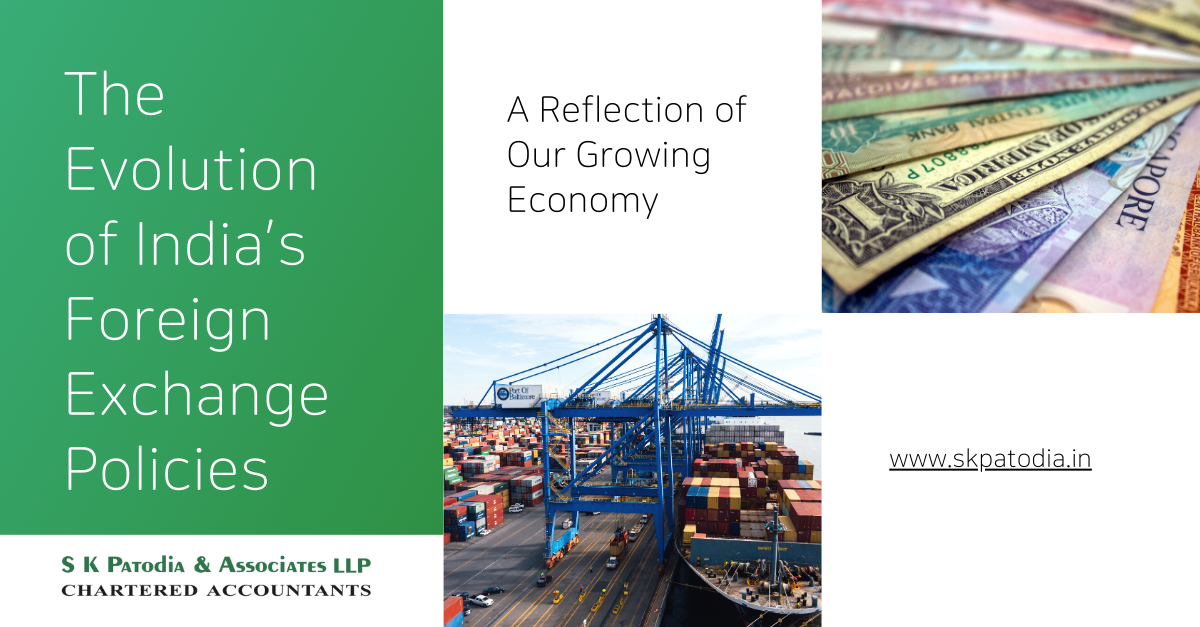There has been a budget for a long time for Good Governance. Mr. Narendra Modi led Indian Government also had Good Governance as their tagline during their election campaign. There are also many projects being funded by international donor agencies and development partners. Many reforms are undergoing to realign and build the capacity of Institutional Setup to ensure good governance. In order to evaluate how far we have reached in the pursuit of Good Governance, we need to understand that what are the characteristics of good governance. An institutional setup that ensures good governance usually has the following features:
- Participation
All men and women should have a voice in decision-making, either directly or through legitimate intermediate institutions that represent their interests. Such broad participation is built on freedom of association and speech, as well as capacities to participate constructively.
- Rule of Law
Legal frameworks should be fair and enforced impartially, particularly laws on human rights.
- Transparency
Transparency is built on the free flow of information. Processes, institutions, and information are directly accessible to those concerned with them, and enough information is provided to understand and monitor them.
- Responsiveness
Institutions and processes try to serve all stakeholders.
- Consensus Orientation
Good governance mediates differing interests to reach a broad consensus on what is in the best interests of the group and where possible, on policies and procedures.
- Equity
All men and women have opportunities to improve or maintain their well-being.
- Effectiveness and Efficiency
Processes and institutions produce results that make the best use of resources.
- Accountability
Decision-makers in government and civil society organizations are accountable to the public, as well as to the institutional stakeholders. This accountability differs depending on the organization and whether the decision is internal or external to an organization.
- Strategic Vision
Leaders and the public have a broad and long-term perspective on good governance and human development, along with a sense of their rights and duties. There is also an understanding of the historical, cultural and social complexities in which that perspective is grounded.
Our Constitution provides a clear mandate for democratic decentralization not only through the Directive Principles of State Policy which exhorts the State to promote Panchayati Raj Institutions but more specifically through the 73rd and 74th Amendments of the Constitution which seek to create an institutional framework for ushering in grassroots democracy through the medium of genuinely self-governing local bodies in both urban and rural areas of the country. These self-governing local bodies are the third tier of governance in the country. Therefore, when we evaluate the growth and development of the self-governing local bodies, we understand our position in Good Governance.




